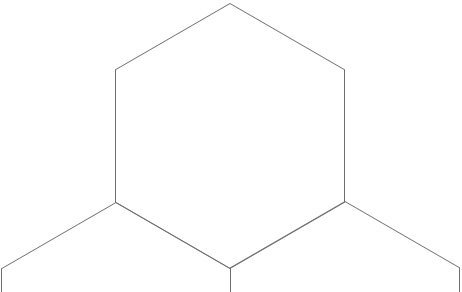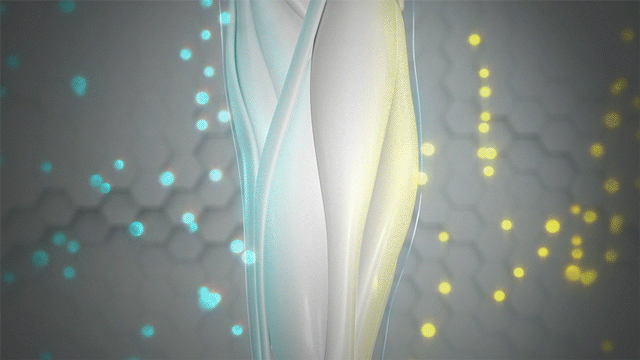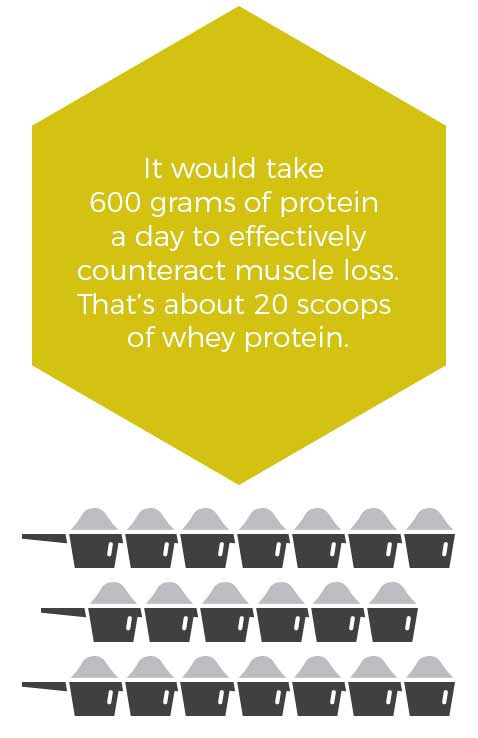Muscles Carry Out the Physical Chores of the Body
Trillions of myocytes, or muscle cells, make up muscle tissue. Each can contract by sliding proteins, known as actin and myosin, past one another. Their ability to change shape allows them to generate the collective tensile force that carries out the body’s physical work:
- Movement
- Maintaining posture
- Breathing
- Temperature regulation
- Communication
- Blood circulation
- Blood vessels and organ constriction
Healthy Muscles. Healthy Life.
Muscles conduct the work that keeps every other tissue and organ in our bodies healthy. This explains why athletes, who focus on developing and training muscles, have such excellent health. Our muscles also store and regulate materials like amino acids and glucose, making them critical to the health of every cell in the human body.





